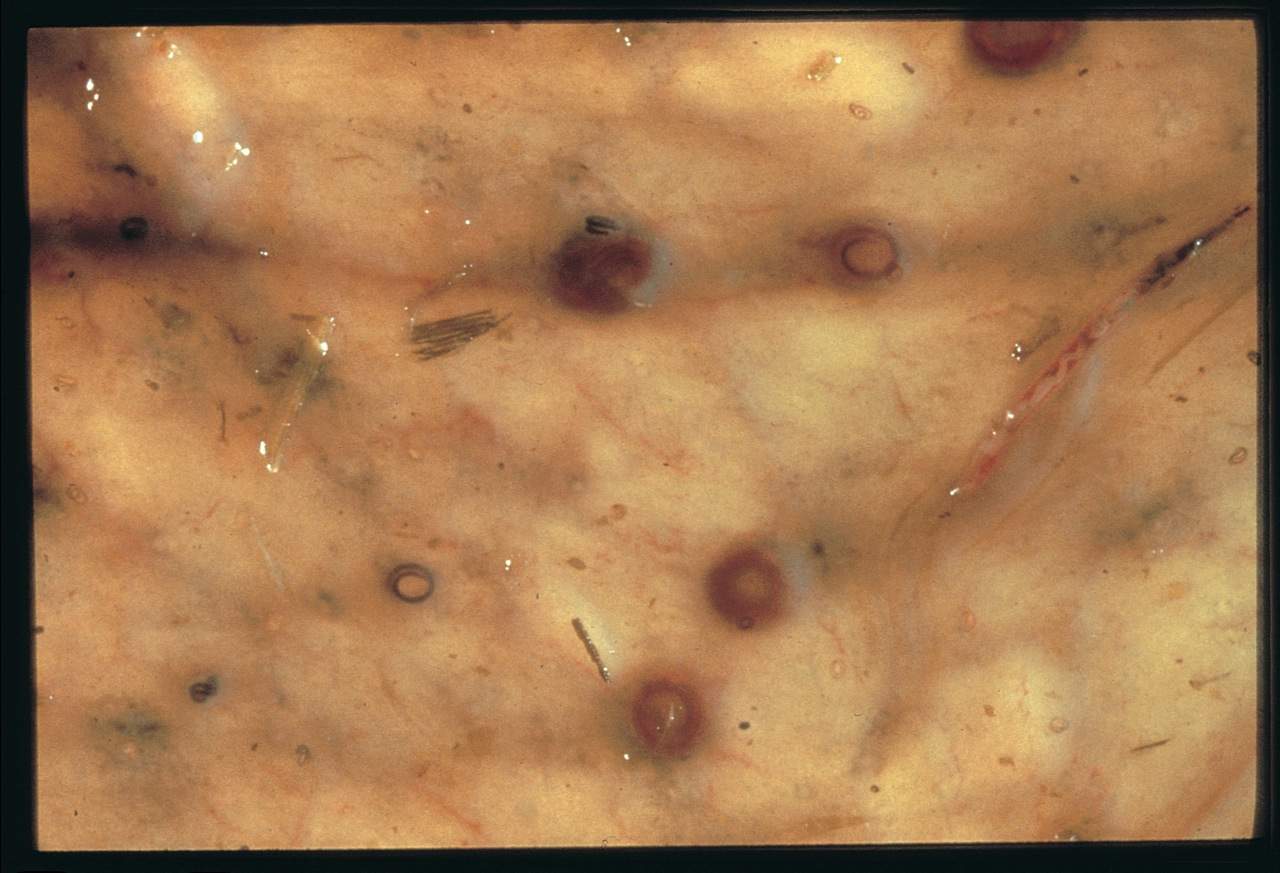Researchers Assess Deworming’s Link to Inflammation in Horses

“Concerns have been raised that killing larvae while encysted within the mucosal walls could lead to adverse (e.g., inflammatory) reactions,” said Ashley E. Steuer, DVM, PhD, assistant professor of parasitology at Texas Tech University’s School of Veterinary Medicine, in Amarillo.
She and a team from the University of Kentucky recently performed a study to assess horses’ inflammatory response to deworming. “We were especially keen on evaluating the difference between a product that kills those pesky encysted larvae (moxidectin) and a product that does not (ivermectin),” Steuer said. She presented their findings at the 2020 American Association of Equine Practitioners’ virtual convention.
“It’s important that we discuss this inflammatory response, because this can cause disease—not necessarily the parasites themselves, but the reaction to their existence within the host,” Steuer said, adding that very few studies have looked at post-deworming inflammation in horses
Create a free account with TheHorse.com to view this content.
TheHorse.com is home to thousands of free articles about horse health care. In order to access some of our exclusive free content, you must be signed into TheHorse.com.
Start your free account today!
Already have an account?
and continue reading.

Written by:
Alexandra Beckstett
Related Articles
Stay on top of the most recent Horse Health news with















